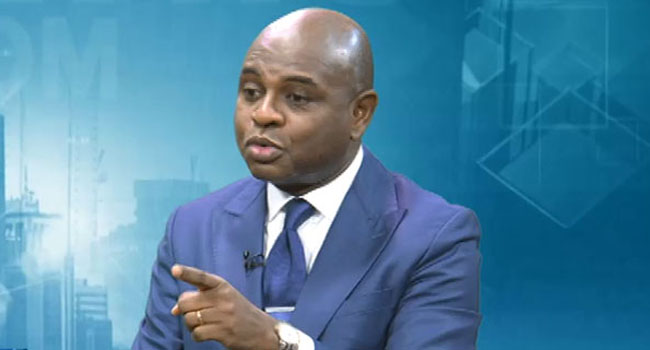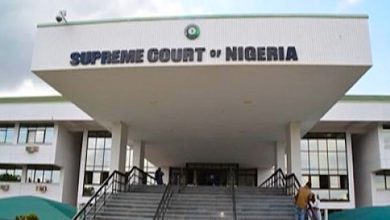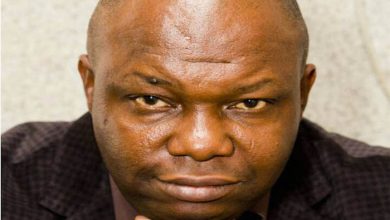
Kingsley Moghalu has recommended a 50% cut in salaries and allowances of political office holders and members of the National Assembly (NASS) owing to the economic hardship in the country.
The economist, who is a former deputy governor of the Central Bank of Nigeria (CBN), said this when he was featured on Channels Television’s Politics Today.
According to him, despite the hardship facing Nigeria in the wake of the petroleum subsidy removal, the country’s governance culture encourages extravagance among political leaders and appointees.
“The culture of governance is a very important issue that needs to be addressed and the tone has to be set from the top – from the presidency down. It has to include the National Assembly because a lot of resources go there and they are supposed to be independent of the executive,” Moghalu said Monday.
“So, they themselves must come on board, examine themselves, and say: ‘Look, even if we have been making this mistake in the past, we cannot continue this way. We have to cut our salaries.’ I recommend a 50% cut for all political office holders and all national legislators. It would make people a little bit more sober. It would make them understand that we are in hard times.”
While citing some Scandinavian countries where their leaders take mass transits and even ride bicycles to work, Moghalu argued that Nigeria’s governance culture puts self-service above people-service.
“So the culture of governance – all these excessive demonstrations of power and influence – is a very negative culture because it shows that government is not for service,” he maintained.
“It is for self-aggrandisement. It is for political power for its own sake, not for leadership and service.”
Moghalu wondered why everybody in the country wants a siren and a long convoy, berating the political leaders for not replicating what they see in developed countries in Nigeria.
He faulted the country’s quest for more loans, saying the monies are not used for the right things.
“So, my comment is simply a reflection of the fact that the political class in Nigeria – more broadly – has prevented the economic progress of the country because of their own self-seeking and rent-seeking behaviour,” the former presidential candidate added. “This is the problem, not borrowing.”
Channelsnews







